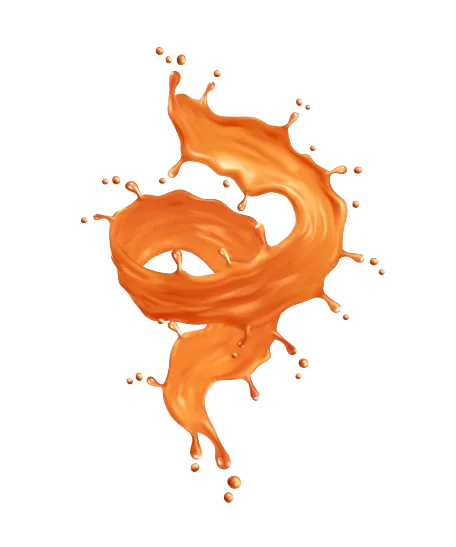Transportation of
Molasses, glucose and other liquid sugar products

MARLEP – The tanker for molasses, glucose and other liquid sugar products
According to reports from the EU Commission, around 15.5 million tons of sugar were produced in the EU in the 2023/24 marketing year, which is around 3% more than in the previous year. With a cultivation area of just under 350,000 hectares, Germany is now in first place, followed by France with around 341,000 hectares. In Germany, total sugar production amounted to around 4.4 million tons. Poland, with 221 hectares, and the Netherlands, where sugar beet is grown on a total area of 84 hectares, follow.
After the harvest molasses, glucose and other liquid sugar products from sugar beet which are primarily used in the food industry. The transportation of liquid sugar products is therefore subject to the highest safety and hygiene requirements, which must be complied with along the entire transport chain.
MARLEP specializes in the international transport of temperature-controlled, liquid raw materials for the European food industry and is a reliable food tanker forwarder for numerous customers in Germany and Europe.
In use: state-of-the-art tankers for the hygienic transportation of liquid sugar
Liquid food such as molasses, glucose and other liquid sugars are used in many finished products and other everyday food. Therefore, the highest standards of hygiene must be maintained along the entire supply chain – from the producer to processing to the end customer.
MARLEP guarantees with an own vehicle fleet (100 insulated stainless steel tankers with a capacity of up to 33,000 liters) daily to supply the safe transportation of liquid sugar products on the roads of Europe. The tankers are equipped with a heating system to maintain the recommended storage temperature throughout transportation. Sterile filters ensure that contamination is excluded during loading and unloading. In addition, our tankers can operate autonomously with electric pumps and on-board compressors and hoses. Rear and side outlets as well as all standard outlet couplings ensure fast and safe unloading.
Your strong logistics partner for
Molasses, glucose and liquid sugar
When it comes to the safe, punctual and reliable transportation of liquid sugar products of all kinds, you can always rely on MARLEP. Our modern tankers and the necessary equipment are constantly being renewed, which is why our our fleet is on average less than 4 years old. We also have our own workshop with qualified staff to prevent vehicle breakdowns and technical problems and to provide our customers with the best possible service to offer customers maximum security.
In addition to molasses, liquid glucose and similar liquid sugar products , we also transport natural sugar alternatives, including rice and maple syrup and thick juices such as agave syrup, pear syrup and apple syrup, on a daily basis using our own fleet and our dense network of partners throughout Europe.
With our state-of-the-art single and multi-compartment road tankers , we can transport any quantity of liquid foodstuffs and always tailor the individual storage and transport conditions precisely to the product in question.
If you are looking for a reliable partner for the transportation of molasses, glucose and liquid sugar we look forward to supporting you: Simply contact our sales team by e-mail (sales(at)marleptank.com) or by phone (+49 40 380 75 47 70) and see our services for yourself.
Well-trained employees for consistently high-quality transportation
When transporting liquid sugar products, numerous laws and standards must be observed in order to ensure food safety. In addition to the European Food Hygiene Regulation (EC) No. 852/2004, which regulates general hygiene requirements as well as the quality and cleaning of transport containers, these are primarily HACCP and IFS.
The Hazard Analysis and Critical Control Points concept (HACCP) is an internationally recognized, preventive safety system that is mandatory for all food business operators and aims to preventively identify and avoid risks. The International Food Standard Logistics (IFS) was developed by the German Retail Federation together with the French FBDC. The quality guidelines set out therein form the basis for certification for the safe transportation of food.
